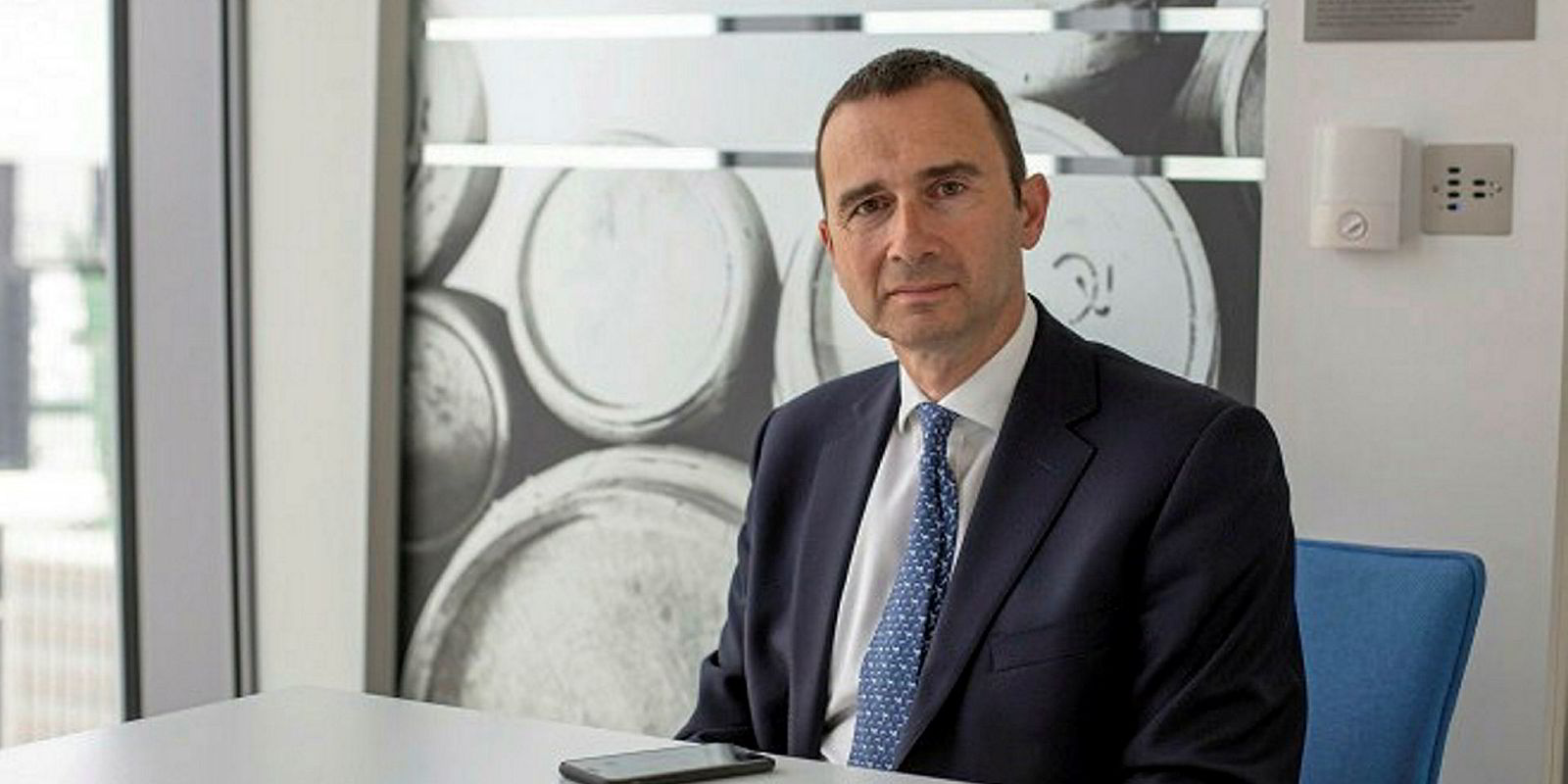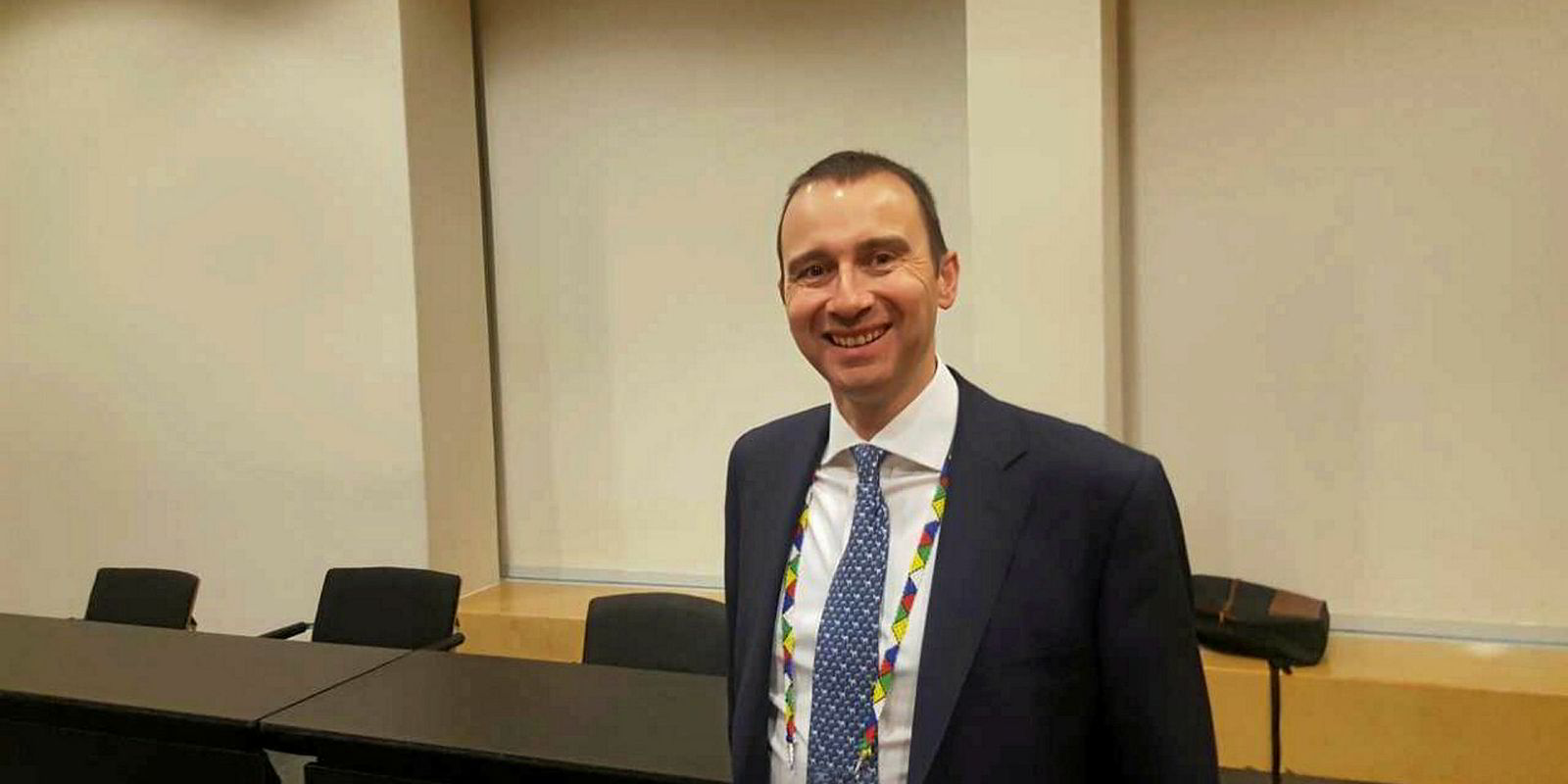International Union of Marine Insurance (IUMI) president Richard Turner warns that the London marine insurance market faces its “most significant challenge in the last 25 years”.
Speaking at the annual winter gathering of the marine insurance association in London, he described the problems faced by marine insurers.
Turner referenced the decision by many syndicates to quit or scale down in the key Lloyd’s of London marine market as indicative of the sector's troubles.
The reduction in London capacity comes in response to a profit drive by the Lloyd’s management that forced some syndicates to reduce or quit the poor-performing hull and machinery and cargo insurance markets.
“We need to talk of the health of the marine insurance sector,” Turner said. “The industry is going through a painful shakedown especially in London. Eleven insurers have pulled out of the marine market or one [marine insurance] product and that is clearly painful.”
Turner, who is Europe director for global risk solutions and CEO of RSA Luxembourg, said that adding to the problem of low premiums are a rise in high-value claims. He cited the example of a fire last September at the German Lurssen shipyard that destroyed a luxury yacht and led to a $700m claim — the largest hull claim ever — as particularly painful for marine insurers.
On top of that, Turner said Brexit is adding to the uncertainty surrounding London as the world's marine insurance hub. He said that 11 UK-based marine insurers had already relocated outside the country ahead of Brexit including RSA’s speciality insurance business, which Turner now heads out of Luxembourg.
“There has already been an increase in administration and bureaucracy because of Brexit. Insurers have also been accruing an increase in costs to try to make a success of Brexit and that is even before we know what the outcome will be. What will be the outcome for the London market is still not clear but we [IUMI] stand for the principle of free trade,” he said.
Turner said competition laws prevent IUMI from offering a solution to the problems of the hull market. However, he said he believed the adoption of new digital and internet technology could help the market recover and that IUMI could play a role progressing adoption by underwriters.
“It is a matter of how do we help our members blend the art and science of underwriting. Our [IUMI's] job is to facilitate the discussion,” he said.
The theme of IUMI’s upcoming annual conference, which will be in Toronto in September, is Confronting Chaos for a Sustainable Future, reflecting the issues raised by Turner.
The chaos refers to the problems of Brexit, the disruption caused by new technology and the ongoing troubles of the main marine insurance market sectors.




